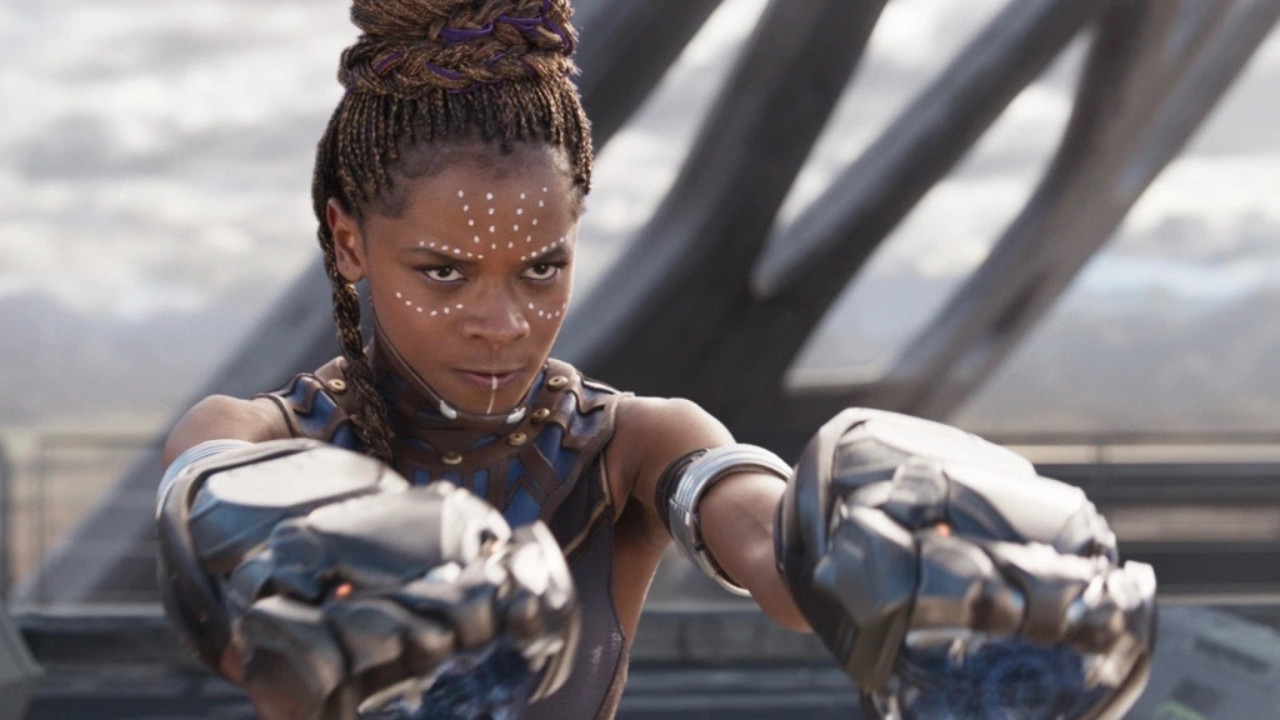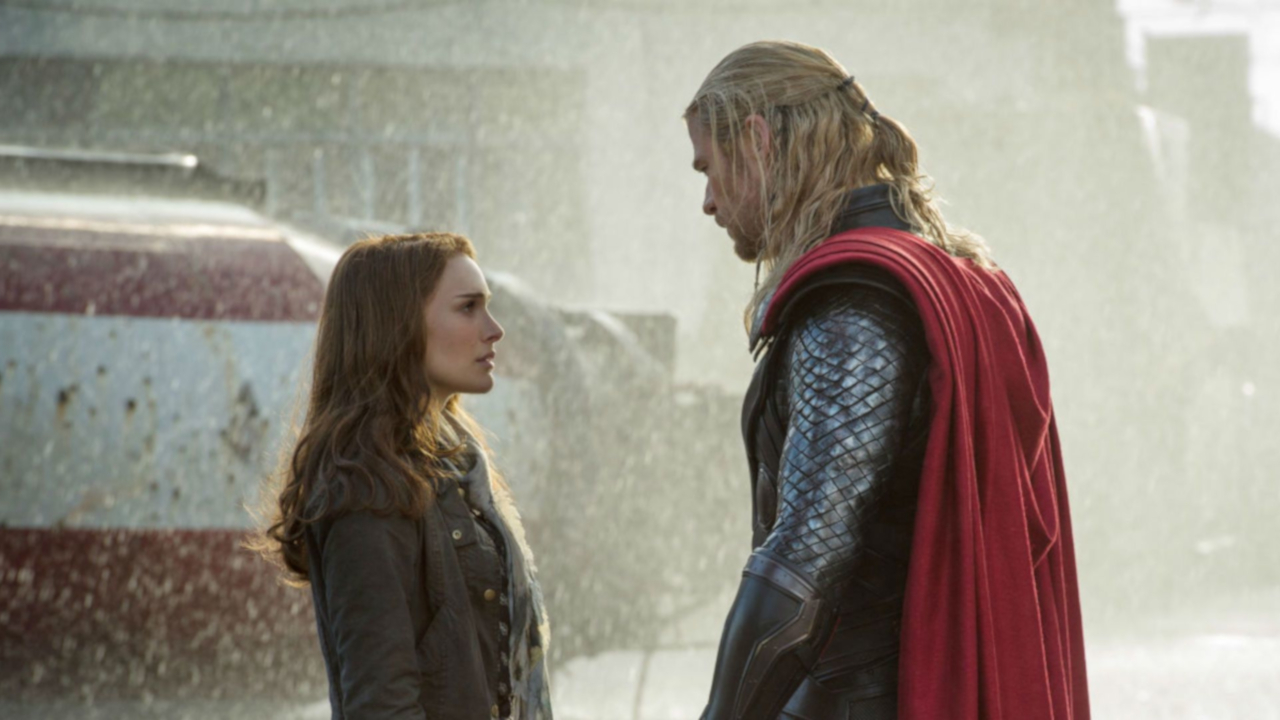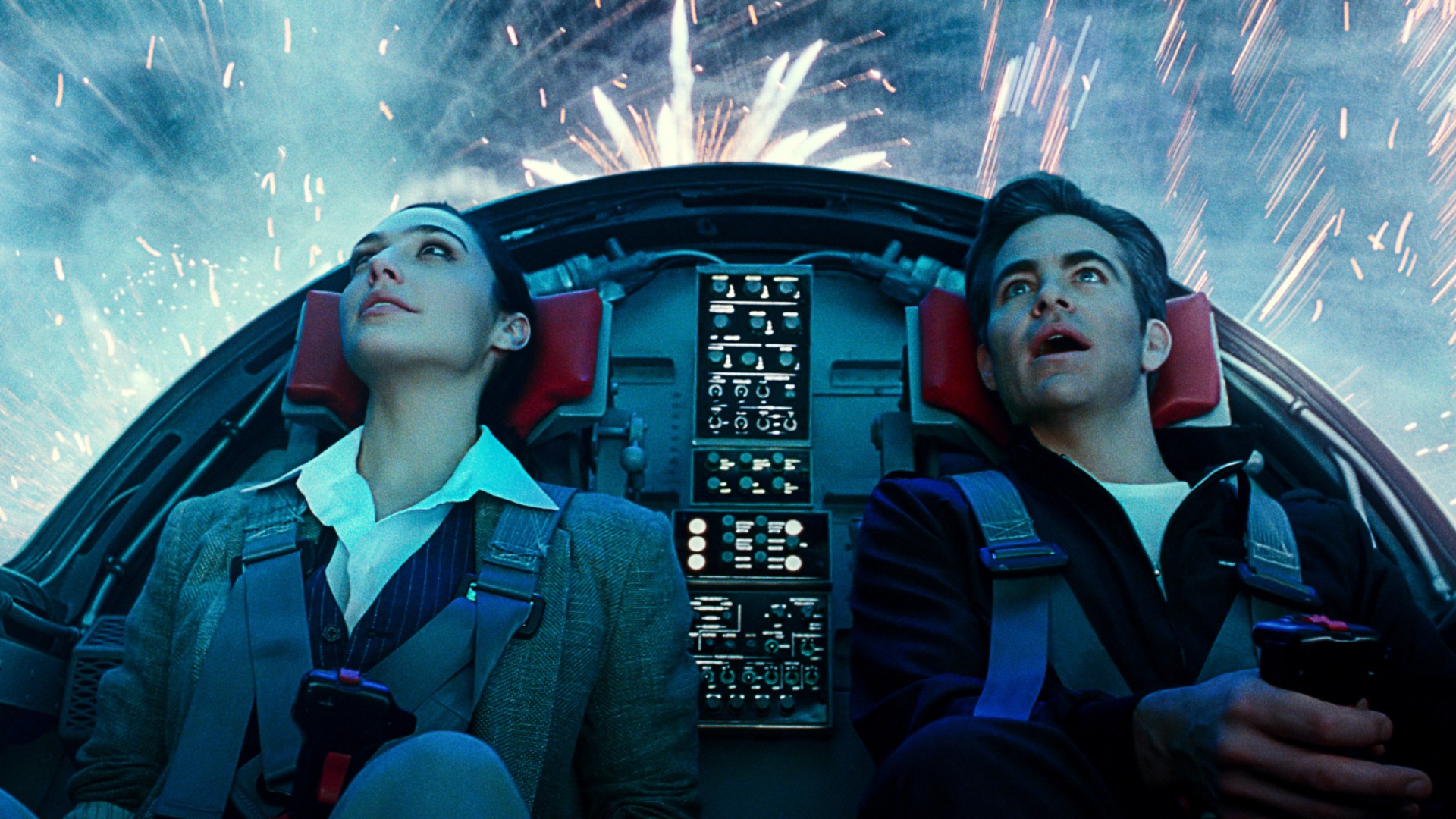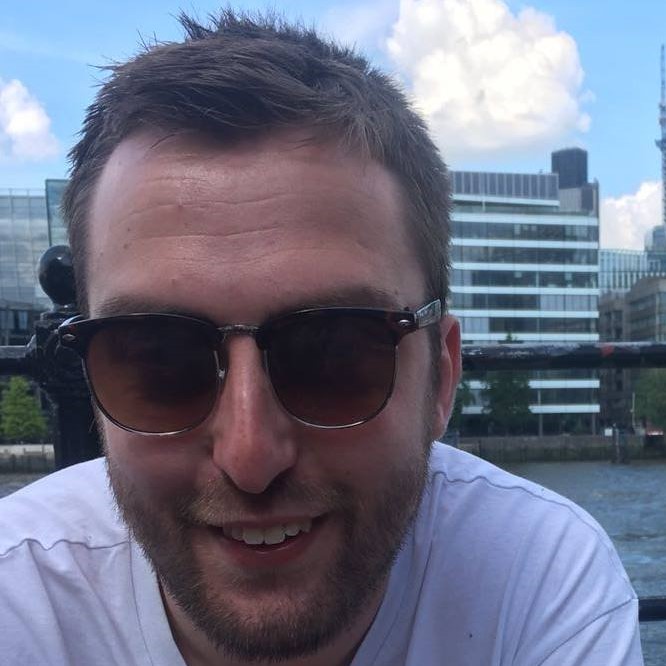Ryan Coogler’s Marvel deal reveals where the studio sees its future
Marvel has slowly turned the MCU into a haven for storytellers

Disney has signed Black Panther director Ryan Coogler on a five-year exclusivity deal, one that includes a Wakanda series – with the possibility of more shows to come.
On the face of it, the deal is a welcome move and one that brings one of Marvel and Hollywood's most celebrated creatives in-house. Dig a little deeper, however, and it suddenly becomes clear that this is the final piece of a puzzle Marvel Studios has been busily constructing for years, rubber stamping Marvel as a welcome haven for storytellers who want to build their own worlds within the MCU with a degree of autonomy. In fact, the Coogler deal is arguably the most significant move the franchise has made since Tony Stark cobbled together a suit of iron in an Afghan cave all those years ago. Yes, it's that important.
The long road to Wakanda

Only a few years ago, it could have been argued that Marvel saw its directors as disposable; simply cogs in a machine that makes the MCU go brrr. The directors of Thor, Thor: The Dark World, Iron Man 3, Captain America, The Incredible Hulk, and Captain Marvel have all had one go and barely left their own personal touch. In an industry where directors are all powerful, for better or worse, defanging them at such an early stage seemed to spell trouble.
That's to say nothing of the fractious splits dotted around Marvel's early history. Wonder Woman’s Patty Jenkins was initially hired to helm Thor, but departed over creative differences. "I did not believe that I could make a good movie out of the script that they were planning on doing," Jenkins told Vanity Fair of the split, perhaps hinting at a disconnect between director and the creative commandments dictated down from on-high. Similarly, Edgar Wright's Ant-Man project fell by the wayside and was pieced back together by Peyton Reed.
That Marvel is night and day to what we see now. Back then, it was anchored by its need to build up characters and join the dots of a nascent cinematic universe. It's understandable: there's no MCU without first guiding less-than-household names Iron Man, Captain America, and Thor through uncertain waters, but it often came at the cost of a personality.

The streaming landscape could look very different post-lockdown
Steadily, though, some partnerships were forged – including Avengers: Endgame writers Christopher Markus and Stephen McFeely and the Russo brothers. What was once a series characterized by fragmented franchises-within-franchises and tonal whiplash became something that felt confident handing over the keys to a select few.
Now, Marvel is putting more trust than ever in its storytellers and filmmakers. Perhaps using James Gunn's lauded work with Guardians of the Galaxy as its guiding star, Kevin Feige and company have gone all-in on giving certain people the ball and letting them run with it.
Bringing all the latest movie news, features, and reviews to your inbox
A new era of storytelling
Taika Waititi impressed with Thor: Ragnarok and is set to electrify once more with Thor: Love and Thunder. Gunn was uncharacteristically invited back into the fold after his firing in 2018, such was his standing within Marvel. Looking forward, Kevin Feige has showered unparalleled praise on Eternals director Chloe Zhao's pitch for the cosmic Marvel movie, Destin Daniel Cretton is directing Shang-Chi, and Candyman director Nia DaCosta is helming the Captain Marvel sequel.
Each of these names are different: unique, diverse voices that will imbue their own worlds and stories with fresh eyes and experiences. Hopefully, similar to how Black Panther was a launching pad, the worlds of Shang-Chi and Eternals can also expand. But, even so, they are each the same in one crucial way: Marvel believes in them to add that dash of individuality.
The studio that lost Patty Jenkins and Edgar Wright is now building bridges and, crucially, building worlds
There's scope for more to come, too, thanks to Coogler signing on the dotted line. There, he's working with his own production company that can count Black creatives and those with Armenian descent among its leading lights.
"Ryan Coogler is a singular storyteller whose vision and range have made him one of the standout filmmakers of his generation," said Disney executive chairman Bob Iger following the announcement on Marvel's site. It's a statement that reflects the trust in Coogler and what he stands for, while also giving him permission to build upon the foundations started by Black Panther. The studio that lost Patty Jenkins and Edgar Wright is now building bridges and, crucially, building worlds – be it on film or on television.
Mistakes were made, lessons have been learned. Marvel has achieved its Infinity Saga and, now, can focus on truly building out its franchises with some of the best minds in the business. It is diverse, rich with experience, and includes proven track records on everything from small indies to billion-dollar blockbusters. And, with Coogler's production team on-board, it's even confident enough to hand over the reins somewhat. That's big – and hints at a more exciting future than ever for Marvel.
Catch up on the rest of the MCU with our guide on how to watch the Marvel movies in order.
I'm the Senior Entertainment Writer here at GamesRadar+, focusing on news, features, and interviews with some of the biggest names in film and TV. On-site, you'll find me marveling at Marvel and providing analysis and room temperature takes on the newest films, Star Wars and, of course, anime. Outside of GR, I love getting lost in a good 100-hour JRPG, Warzone, and kicking back on the (virtual) field with Football Manager. My work has also been featured in OPM, FourFourTwo, and Game Revolution.



